

2018-11-09 11:35:00 Fri ET
technology antitrust competition bilateral trade free trade fair trade trade agreement trade surplus trade deficit multilateralism neoliberalism world trade organization regulation public utility current account compliance
The Internet inventor Tim Berners-Lee suggests that several tech titans might need to be split up in response to some recent data breach and privacy concerns. Tech titans from Facebook to Google have become so dominant that they may need to be broken up unless user taste changes and legal challenges reduce their clout.
Berners-Lee, the British computer scientist who invented the world wide web with no patent protection back in 1989, expresses disappointment with the current state of the Internet in response to the Cambridge Analytica scandals over personal data abuse and breach and political hatred propagation on social media platforms such as Facebook and Google. Berners-Lee suggests that there is an apparent danger of both market dominance and cultural power concentration in a small number of tech giants. Few alternative rivals balance this oligopolistic competition for better user privacy and consumer protection.
As of December 2017, Facebook, Apple, Microsoft, Google, and Amazon (FAMGA) maintain astronomical stock market capitalization of $3.7 trillion, which is equal to the total GDP of Germany in the same fiscal year. Berners-Lee points out that it is important for these tech titans to break up by shifting exorbitant market power from the current oligopoly to some other medium enterprises.
If any of our AYA Analytica financial health memos (FHM), blog posts, ebooks, newsletters, and notifications etc, or any other form of online content curation, involves potential copyright concerns, please feel free to contact us at service@ayafintech.network so that we can remove relevant content in response to any such request within a reasonable time frame.
2020-11-24 09:30:00 Tuesday ET
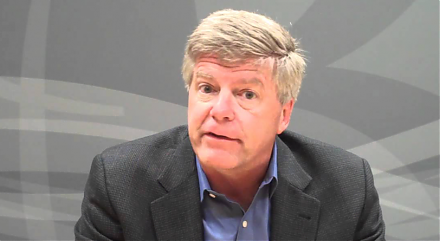
Many analytic business competitors can apply smart data science to support their distinctive capabilities and strategic advantages. Thomas Davenport and
2020-05-07 08:26:00 Thursday ET
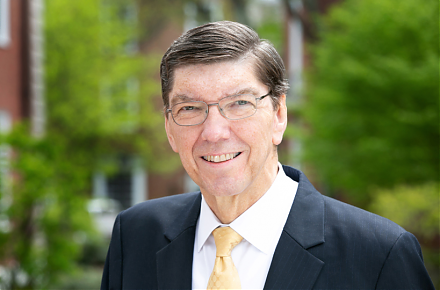
Disruptive innovators often apply their 5 major pragmatic skills in new blue-ocean niche discovery and market share dominance. Jeff Dyer, Hal Gregersen,
2019-07-27 17:37:00 Saturday ET
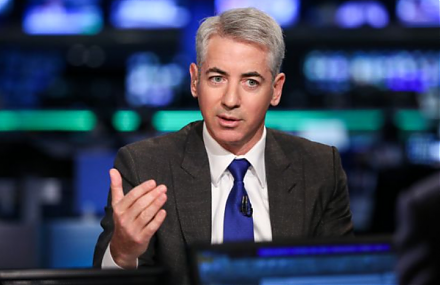
Capital gravitates toward key profitable mutual funds until the marginal asset return equilibrates near the core stock market benchmark. As Stanford finance
2018-07-17 08:35:00 Tuesday ET
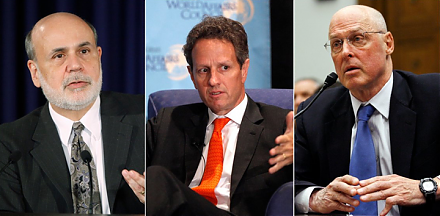
Henry Paulson and Timothy Geithner (former Treasury heads) and Ben Bernanke (former Fed chairman) warn that people seem to have forgotten the lessons of the
2019-10-05 07:27:00 Saturday ET
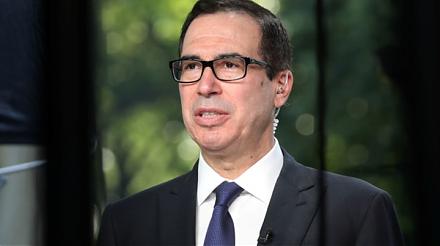
Treasury Secretary Steven Mnuchin indicates that there is a good conceptual trade agreement between China and the U.S. in regard to intellectual property pr
2019-10-13 16:22:00 Sunday ET

Apple unveils 3 iPhone 11 models with new original video services and stars such as Oprah Winfrey, Jennifer Aniston, and Reese Witherspoon. Apple releases t